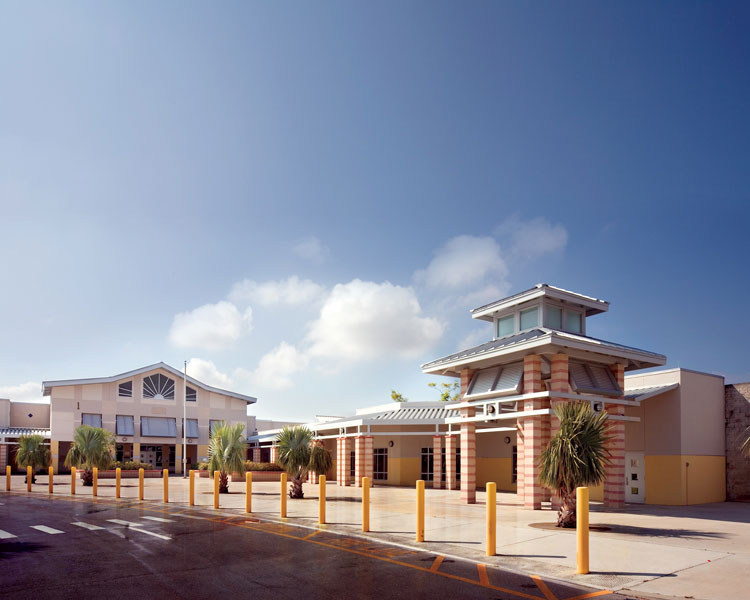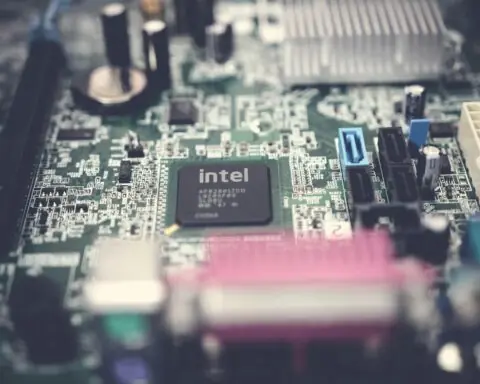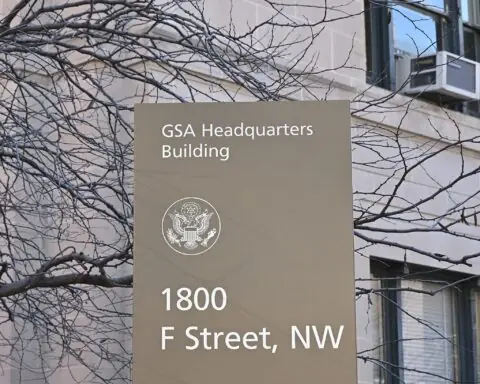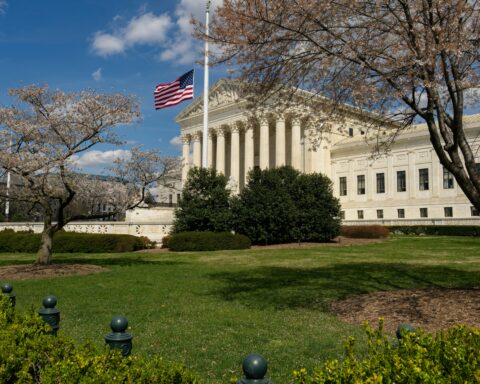This article was written using information found in the National Bond Report from Strategic Partnerships, Inc. This comprehensive report features information on every public entity planning to hold a bond election. To purchase this report, click here.
The School District of Palm Beach County in Florida is asking voters for a sales tax increase to fund educational opportunities for students along with repairs, renovations and maintenance of the district’s facilities. The district is seeking community support to secure necessary improvements for all public and private schools in Palm Beach County.
Going before voters on the November ballot, the school district is proposing a one half-cent increase on the Palm Beach County sales tax to support school security, technology, facilities and infrastructure initiatives. Starting in 2026, the proposed tax is anticipated to generate $200 million annually and provide the district with over $2 billion over its ten-year lifespan.
The district says need for the proposed tax comes from a recent review of district facilities, in which district assessors found that 95 of the district’s 196 buildings are in fair, poor or unsatisfactory condition and are in need of repairs or refurbishment. Even schools deemed in good condition are in need of critical upgrades, including new HVAC systems, roofs and technology upgrades, the district says.
RELATED: Pennsylvania school districts secure $75 million for environmental safety initiatives
Since the 2008 recession, the district has faced a $865 million deficit after tax cuts reduced the district’s revenue. As a result, repair, modernization and technology efforts on district facilities have been difficult to fund consistently through the district’s capital budget, which is used to fund major building, infrastructure and transportation projects.
With nearly $2 billion in estimated repairs to public and charter facilities, the district has earmarked this new half-penny sales tax as a way to increase revenue and develop initiatives that have been deferred due to lack of funding.
The district plans to spend the proposed funding on several key infrastructure, security and transportation initiatives that will benefit students, faculty and teachers.
Through the proposed tax, the district will spend more than $1.4 billion on building maintenance, IT improvements, security upgrades and replacing school buses. More than $1.1 billion of this allocation will be used to correct years of deferred maintenance on schools and security improvements. These initiatives will support both private and public schools throughout the county.
For transportation initiatives, the district is setting aside nearly $103 million for new school buses, support vehicles, maintenance and police vehicles.
Charter schools will be granted $200 million to address various infrastructure, technology and maintenance projects.
Additionally, the school plans to develop technology infrastructure projects that improve classroom technology, back-end infrastructure, school network routers and switches, school and district servers, phone systems and wireless infrastructure. These initiatives will be allocated $150 million through the half-penny sales tax.
The proposed half-penny tax is not a new concept for Palm Beach County and the school district. As one of the few ways the district can improve revenue, the half-penny tax will piggyback off sales tax measures passed almost a decade ago.
In 2016, Palm Beach County voters approved a one-cent sales tax increase for school district and local government capital projects. Dubbed the “penny sales tax”, the district used this tax to fund various initiatives and deferred facility maintenance projects, totaling over $1 billion in repairs and developments. The “penny sales tax” is set to end on Dec. 31, 2026, following its ten-year life span.
Much like the previously passed bond referendum, this proposed sales tax will split revenue generated between the district, county and cities. If voters approve the tax, the school district will receive 50%; Palm Beach County will secure 30%; and the cities will share 20% of the sales tax revenue.
To ensure proper allocation of these funds, an independent oversight committee will monitor the projects, similar to one established under the previous sales tax initiative.
Voters will have the opportunity to vote for this bond referendum in three ways: Vote by Mail by Oct. 24, Early Voting up until Nov. 3 and Election Day on Nov. 5.
Photo courtesy Peaceloveboca, CC0, via Wikimedia Commons













